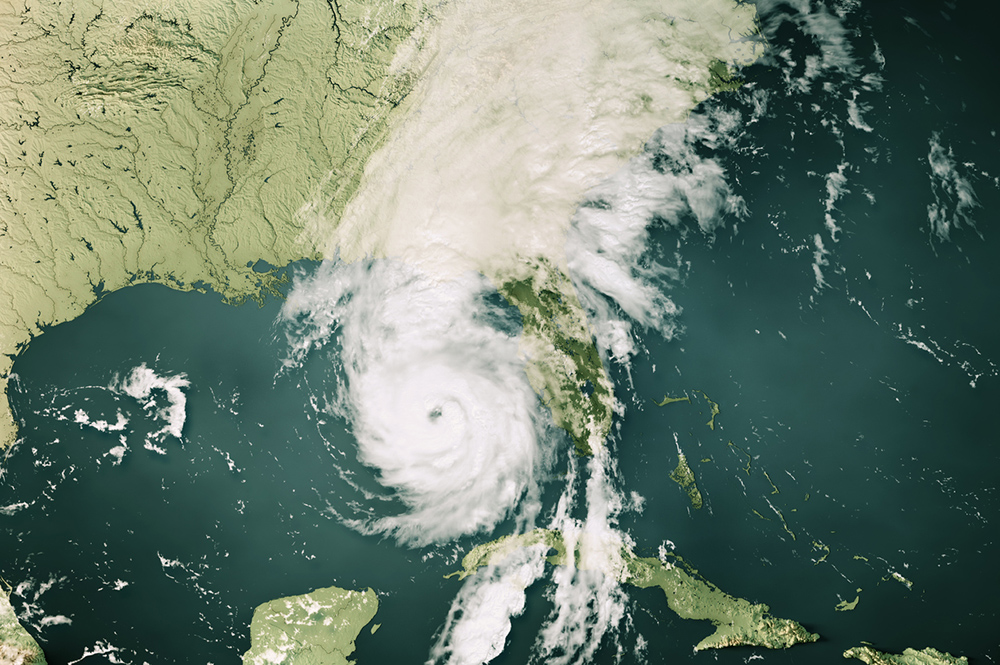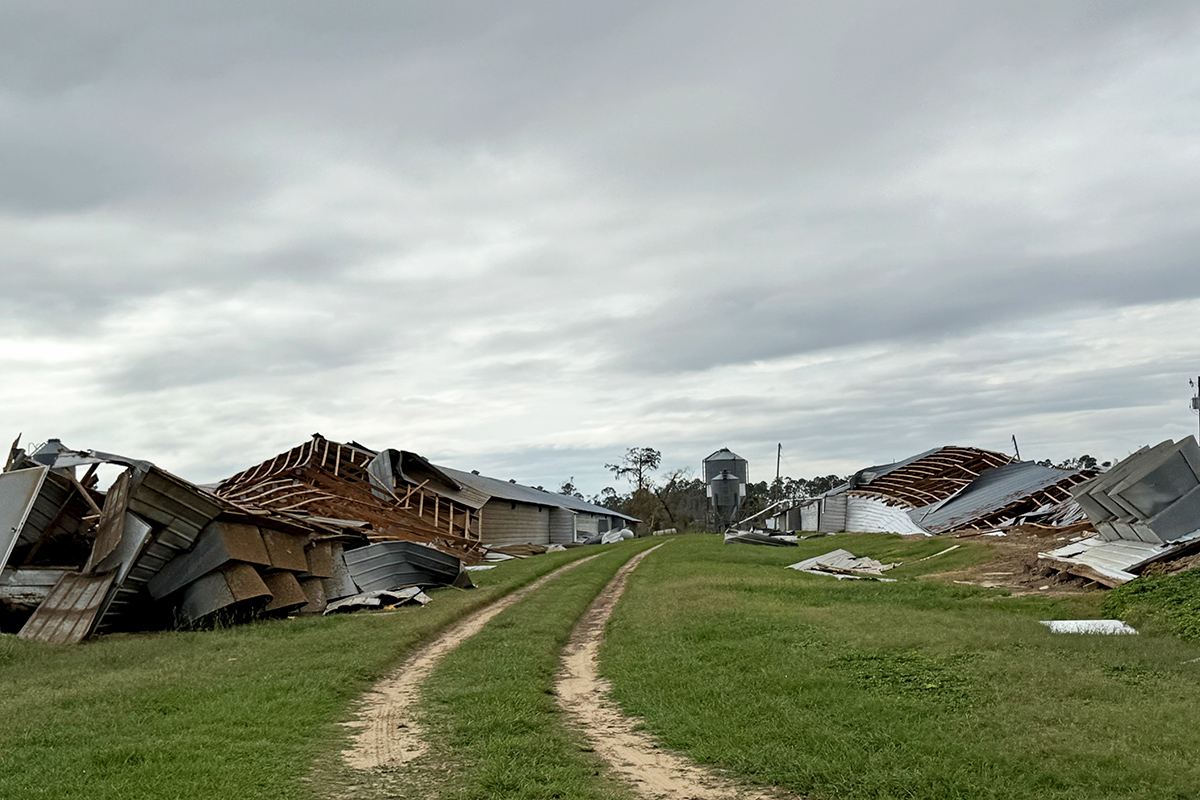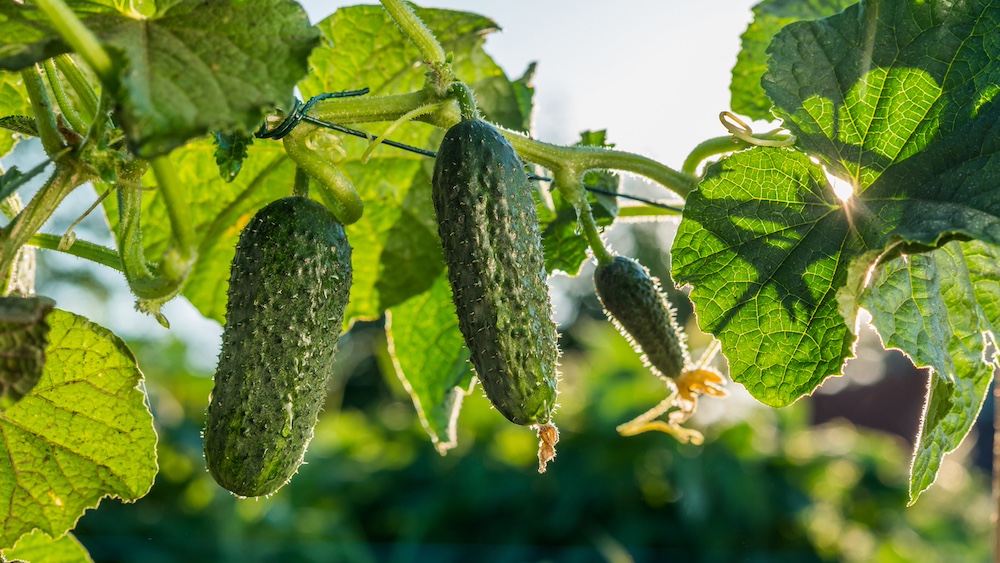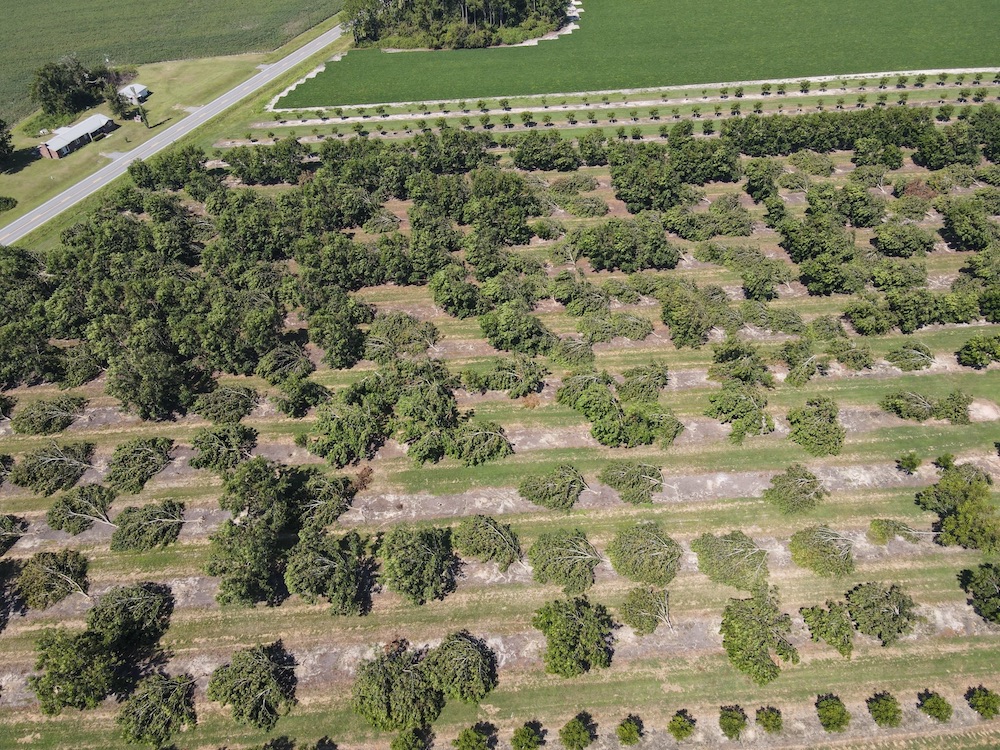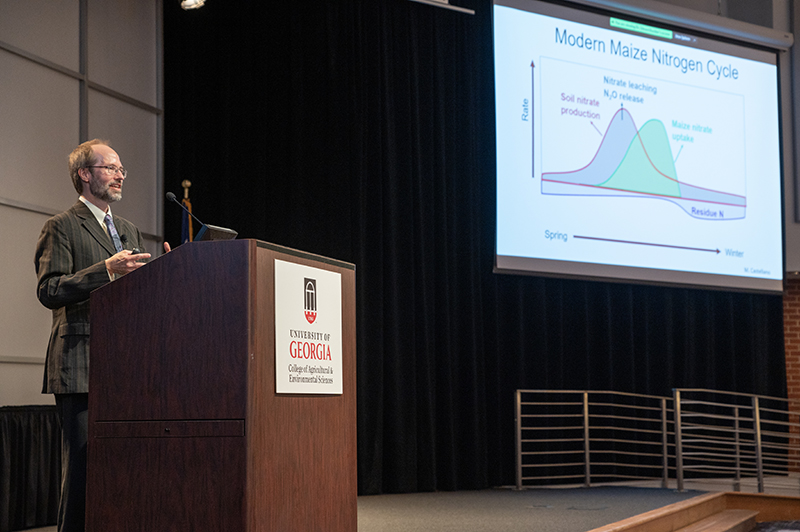 CAES News
CAES News
Climate in Context
From her cozy office at the J. Phil Campbell Research and Education Center in Watkinsville, Georgia, Pam Knox has a clear view of the sky, and that is the way she likes it. In fact, she’s built a career on it.
“One of the nicest things about studying meteorology is I can look outside the window and understand what's going on in the atmosphere, what's causing the kinds of clouds we get, and where the rain is happening and where it's not,” said Knox, director of the University of Georgia Weather Network.


